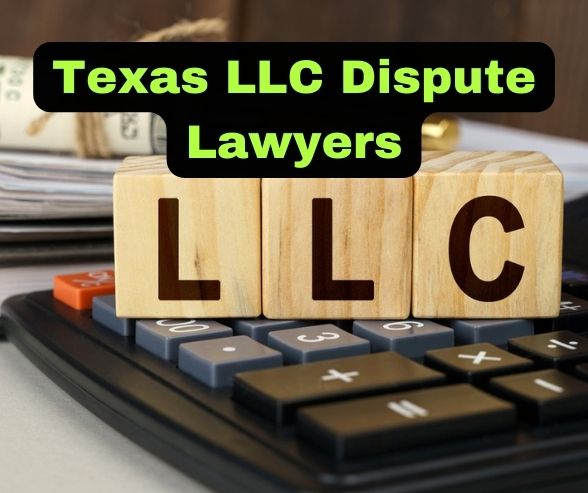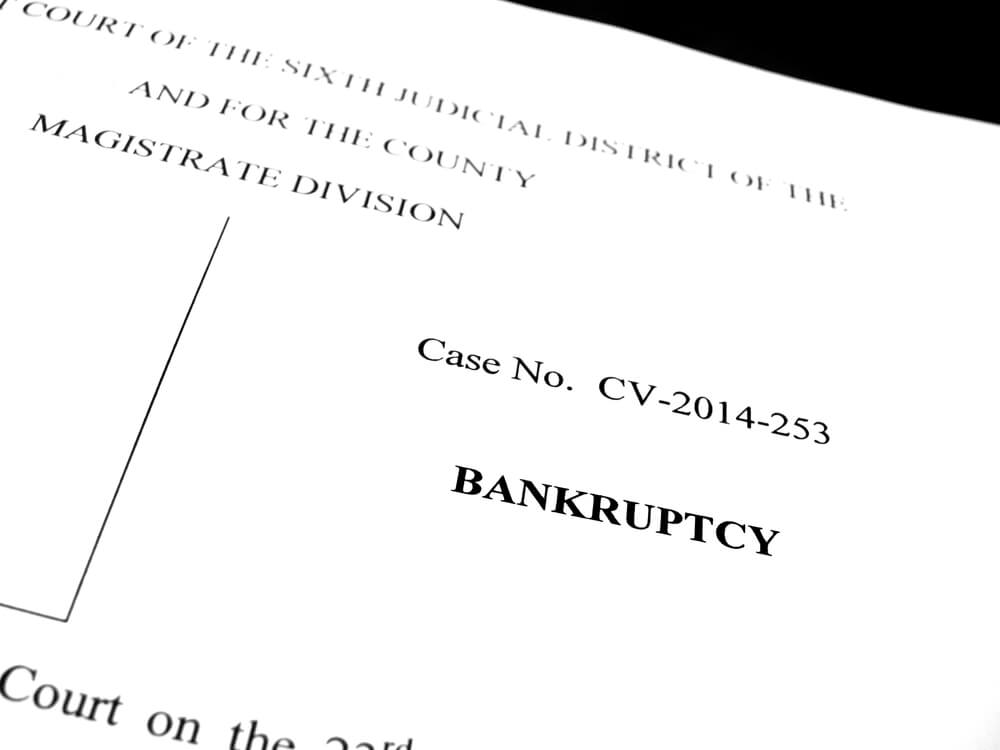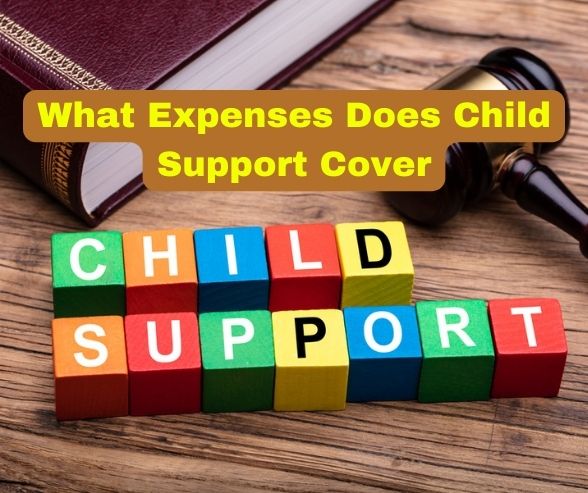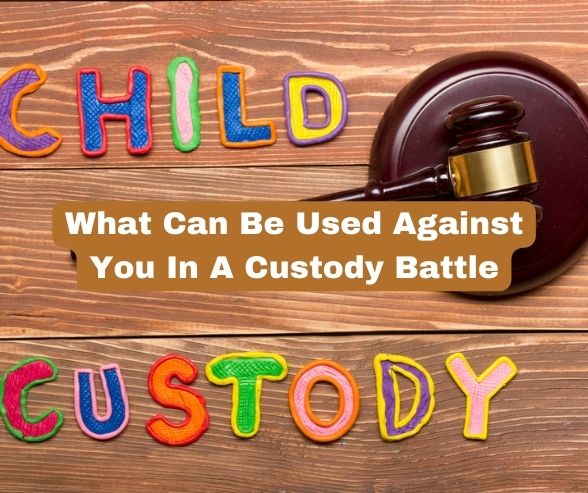Understanding the law can seem complicated, especially when dealing with big life changes like starting a business, facing bankruptcy, or divorce. That’s why having a good grasp of Texas law is important—it helps you make informed decisions. Let us be your guide through the basics of Texas law in several key areas:
- Texas Business Law
- Texas Bankruptcy Law
- Texas Family Law
- Texas Criminal Law
- Texas Tort Law
This guide will explain the essentials, whether you’re an entrepreneur or just trying to understand your rights.
Business Law in Texas
-
Texas LLC Dispute Lawyers
In the dynamic world of business, disputes are almost inevitable, especially when multiple stakeholders are involved. This is particularly true for Limited Liability Companies (LLCs) in Texas, where the interplay of business operations and legal…
-
Best Business Litigation Lawyers in Houston, Tx
Business Litigation Attorneys Near Me Houston Area Location Walter Law Firm, PC – Business Litigation Lawyers Teri Walter is board certified in civil trial law and the firm represents clients in the following areas: contracts,…
Choosing a Business Structure
Starting a business is exciting, but there’s a lot of legal ground to cover. You’ll want to begin by choosing the right business structure in Texas. This could be an LLC (Limited Liability Company), Corporation, or even a Sole Proprietorship. Each structure has different legal implications, especially regarding taxes and personal liability.
For example, an LLC offers limited liability, meaning your assets are generally protected if your business runs into legal trouble. On the other hand, a Sole Proprietorship is simpler to set up but doesn’t offer the same level of personal protection. You can find detailed rules about these structures in the Texas Business Organizations Code (Title 3, Chapter 101 for LLCs, and Title 4, Chapter 501 for Sole Proprietorships).
Understanding Contracts
Contracts are another essential part of running a business. Having clear, enforceable agreements is key when dealing with suppliers, clients, or employees. Texas law requires certain contracts to be enforceable in writing, including contracts for the sale of goods over $500 and those that cannot be performed within a year, as outlined in the Texas Business and Commerce Code (Section 26.01).
Employment Law Essentials
Finally, employment law is something every Texas business owner should understand. Texas is an “at-will” state, meaning employers can terminate employees at any time, for any reason, as long as it’s not illegal (like discrimination or retaliation). However, it’s also important to comply with wage laws and safety regulations governed by the Texas Labor Code (Title 2, Chapter 61 for payment of wages and Chapter 411 for workers’ compensation and safety).
Bankruptcy Law in Texas
-
What Happens After the 341 Meeting
Can You Spend Money After 341 Meeting? Yes, you can spend money after the 341 meeting, but there are some important considerations to keep in mind: Debtor’s Budget: After the 341 meeting, you should continue…
Chapter 7 vs. Chapter 13 Bankruptcy
If you’re facing financial difficulties, understanding bankruptcy options in Texas can be a lifeline. Individuals typically consider two main types of bankruptcy: Chapter 7 and Chapter 13.
Chapter 7 bankruptcy, often called “liquidation bankruptcy,” allows you to discharge most of your debts quickly, but it may require selling off some of your assets. However, Texas has generous exemptions, like the homestead exemption, which can protect your home from being sold. The specifics of these exemptions are outlined in the Texas Property Code (Chapter 41 for homestead exemptions and Chapter 42 for personal property exemptions).
Chapter 13 bankruptcy, on the other hand, is known as “reorganization bankruptcy.” It’s designed for people with a regular income who can pay back part of their debts over time—usually three to five years. This option allows you to keep your assets, but you must stick to a court-approved repayment plan. Details about the filing process and requirements for Chapter 13 can be found in the U.S. Bankruptcy Code. Still, Texas-specific nuances, such as local exemptions and court procedures, are also important.
Filing for Bankruptcy
Filing for bankruptcy can feel overwhelming, but understanding the steps can make it more manageable. It starts with credit counseling from an approved provider, followed by filing a petition with the bankruptcy court. You must submit detailed financial information, including debts, assets, income, and expenses. The court will appoint a trustee to oversee your case, and in Chapter 7, they may sell non-exempt assets to pay creditors. In Chapter 13, you’ll propose a repayment plan the court must approve.
Protecting Assets
Texas law protects certain assets during bankruptcy, particularly through the homestead exemption. This can protect your home from being sold to pay off debts, provided it meets certain criteria. Additionally, Texas allows for the exemption of personal property, such as vehicles, home furnishings, and tools of the trade, up to a certain value.
Family Law in Texas
-
The Psychological Impacts of Dealing with a Narcissistic Spouse During Divorce
Divorce is never easy, but when your spouse is a narcissist, it can feel like an emotional battlefield. Imagine trying to navigate the usual stress of a divorce while also dealing with someone manipulative, self-centered,…
-
What Expenses Does Child Support Cover
Ex-spouses don’t often know what expenses child support is supposed to cover. Custodial parents sometimes ask for money even after the non-custodial parent has already paid their monthly child support. So, it’s unsurprising that some…
-
What Can Be Used Against You In A Custody Battle
Child custody battles are very common in difficult divorces. These disagreements can cause one or both parties to act irrationally, which may harm their divorce case. When parents fail to agree on who needs to…
Divorce and Legal Separation
Family law covers some of the most personal aspects of life, and in Texas, divorce is a significant area. Texas is a no-fault divorce state, meaning you don’t have to prove wrongdoing by your spouse to get a divorce. However, property division, alimony, and child custody can complicate the process. The Texas Family Code (Title 1, Chapter 6) provides the legal framework for divorce, including grounds and procedures.
Unlike in other states, legal separation isn’t formally recognized in Texas. Still, couples can live apart and address issues like property division and child custody through temporary orders or agreements until they decide to divorce.
Child Custody and Support
When it comes to children, Texas courts focus on what’s in the child’s best interest. This involves determining conservatorship (custody), visitation rights, and child support. Texas law favors joint managing conservatorship, where both parents share decision-making responsibilities, but one parent may have primary custody. The Texas Family Code (Chapter 153) outlines how courts determine custody arrangements and calculate child support based on the non-custodial parent’s income.
Adoption and Parental Rights
Adoption is another important area of family law in Texas. The process is governed by the Texas Family Code (Chapter 162) and involves several steps, including home studies, background checks, and court hearings. Parental rights can be terminated voluntarily (such as in adoption cases) or involuntarily (due to abuse or neglect), and this is a serious legal action with significant implications.
Criminal Law in Texas
Criminal Offenses and Penalties
Criminal law in Texas covers many offenses, from minor misdemeanors to serious felonies. Misdemeanors are less severe crimes, such as petty theft or simple assault, and are punishable by fines and short jail sentences. Felonies, on the other hand, include more serious crimes like robbery, drug trafficking, and murder, and they carry heavier penalties, including long prison sentences or even the death penalty for capital crimes.
The Texas Penal Code (Title 7, Offenses Against Property, and Title 5, Offenses Against the Person) details the classification of crimes and their respective punishments. For example, a first-degree felony can result in 5 to 99 years in prison, while a Class C misdemeanor might only result in a fine.
The Criminal Justice Process
Understanding the criminal justice process is critical if you’re accused of a crime. It begins with an arrest, followed by an arraignment where you’ll enter a plea. If the case goes to trial, it’s up to the prosecution to prove your guilt beyond a reasonable doubt. After the trial, if convicted, sentencing will determine your punishment. The Texas Code of Criminal Procedure outlines your rights during this process, including the right to legal representation and a fair trial.
Expungement and Record Sealing
In some cases, you may be eligible to have your criminal record expunged or sealed. Expungement completely removes the record, while sealing (or non-disclosure) restricts most parties’ access to the record. This can be crucial for moving forward, especially when applying for jobs or housing. Texas law allows for expungement in certain cases, such as when charges are dismissed or you are acquitted, as outlined in the Texas Code of Criminal Procedure (Chapter 55).
Tort Law in Texas
-
What Is an Typical Whiplash Settlement Amount?
Whiplash Claims When it comes to dealing with the aftermath of an auto accident, one of the biggest worries is the amount of compensation you may be due. After all, the costs associated with medical…
-
Texas Premises Liability: A Warning May Not Be Enough
In 2010, the Texas Supreme Court delivered its opinion in Del Lago v. Smith, 53 Tex. Sup. Ct. J. 514. Smith was a patron of the Grandstand Bar which is part of the Del Lago…
-
Mandatory arbitration clauses – what you need to know
Consumers, patients, and employees sign contracts all the time – from employment contracts to consent forms at the doctor’s office, most of us have signed more contracts than we care to remember. Sometimes we sign…
Personal Injury Claims
Tort law in Texas deals with civil wrongs, where someone’s actions cause harm to another person. Personal injury claims are among the most common torts and cover cases like car accidents, slip and fall incidents, and medical malpractice. If you’re injured due to someone else’s negligence, you may be entitled to compensation for your medical bills, lost wages, and pain and suffering. The Texas Civil Practice and Remedies Code (Title 4, Chapter 74 for medical malpractice and Chapter 16 for statutes of limitations) governs these cases.
Product Liability
Product liability is another key area of tort law, dealing with injuries caused by defective or dangerous products. Manufacturers and sellers can be held liable if a product is unreasonably dangerous due to a design defect, manufacturing defect, or failure to provide adequate warnings. Texas follows strict liability rules for product liability cases, which means that a plaintiff doesn’t need to prove negligence—just that the product was defective and caused harm.
Medical Malpractice
Medical malpractice occurs when a healthcare professional provides substandard care, harming the patient. These cases are complex and require proving that the provider breached the standard of care, directly causing the injury. Texas has specific medical malpractice laws, including caps on non-economic damages (such as pain and suffering), outlined in the Texas Civil Practice and Remedies Code (Chapter 74).
Consumer Legal Advisors
Navigating the legal landscape in Texas can seem challenging, but having a basic understanding of the law in areas like business, bankruptcy, family, criminal, and tort law can make a significant difference. Whether you’re starting a business, dealing with financial issues, or facing a personal legal challenge, knowing your rights and the relevant Texas laws can help you make better decisions. If you need legal advice, it’s always a good idea to consult with a qualified attorney who can guide you through the specifics of your case.









